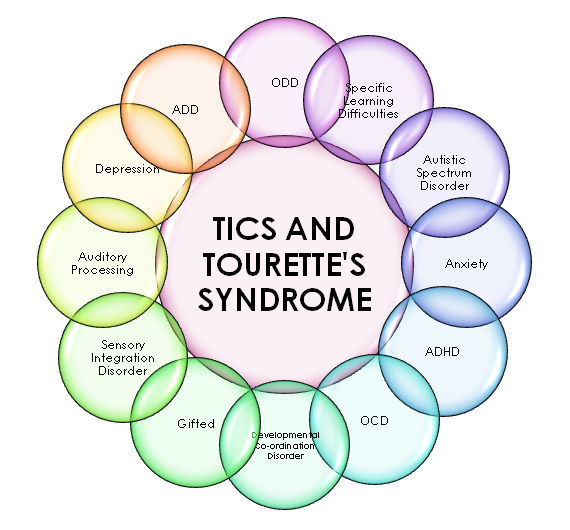With apologies to Paul Newman and Strother Martin …

OK, so Luke was just being a cocky bastard, and the captain was taking him down a peg or two. In my case, I’m being a cocky bastard by actually wanting to get stuff done, and it’s OCD playing Strother’s role as captain, and knocking me back. (Well, I say OCD, but as with all of these things, who knows. It’s probably not directly a Tourette problem, but it could well be related to Aspergers / ASD, and potentially any other co-morbid conditions that I don’t even know I have).
So what is it that knocks me down the hill?
Simple, everything is important. I need to get everything done, or I feel stressed and anxious.
Just to illustrate the point, here are some things that I want to do, but are perhaps big jobs, or there’s a learning curve involved, or simply that I don’t get around to because other things get prioritised naturally for me, by circumstances or other people.
- Ripping all my CDs to the hard drive (which includes tagging them appropriately, backing them up and making sure they are in suitable folder structures with a consistent naming convention)
- Reading. Yep, I want to read everything.
- Listening to music. I used to love music, it calmed me. These days I feel stressed because I don’t give enough time to my favourite bands, and because I don’t discover enough new music, or because I have so much music and still can’t decide what to listen to.
- Painting & drawing. I want to do this, but it’s one of those things that life gets in the way of.
- Learning to use my telescope. I got a telescope (a nice one!) from Mrs. Twitchy a couple of years back, and I really want to learn to use it properly.
- Watching TV & films. There’s a whole list of things I’d like to see, as well as a list of things I think I should see to improve my life.
- Learning stuff. I realise we’re in the realms of the unreasonable now, but I want to know and understand everything. This is very closely linked to stress in my reading and TV watching habits as well, since I often feel bad when I read “light” stuff or watch an action film instead of something that might teach me new stuff.
- Sell/donate all my CDs and DVDs. Once the CDs are ripped of course. I don’t need these things, but I want to rip them first, and I also need to catalogue them all before I can either sell them or give them to charity.
- Move stuff from my parents house. I have a lot of stuff in the UK, much of it books I would like to have here, and much of it is probably rubbish I could get rid of. I want to sort it out. Incidentally, this stresses my Father out as well, and he in turn passes the stress on to me.
This is just a short list. There are many more things that belong on here – some big, some extremely minor.
It’s not that I don’t know how to prioritise – I do. I probably know better than most how to do it, and I’m extremely organised at work (I have to be!). It’s just that I can’t do it. Physically can’t. I try and make a decision on these things, and everything is equally important, so I end up doing something else entirely, or just flicking through Netflix and watching something crap – not even something on my “to be watched” list, because that seems to complicated.
It’s a hard problem to explain to people, because they think I’m just bad at prioritising and start telling me to make a list and rate tasks with priorities etc. etc. etc. Everybody has their own methods, and I know them all. I’m sure they all work very well for the people telling me, but they don’t work for me.
So, I can’t be the only one that has problems with this kind of stuff. How do other people handle it?
Oh, and if you want tips on how to prioritise stuff, I’m your man!
